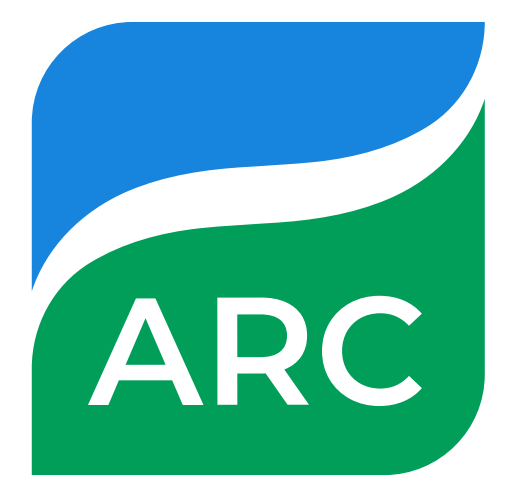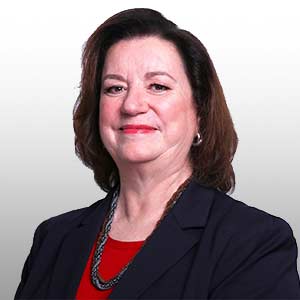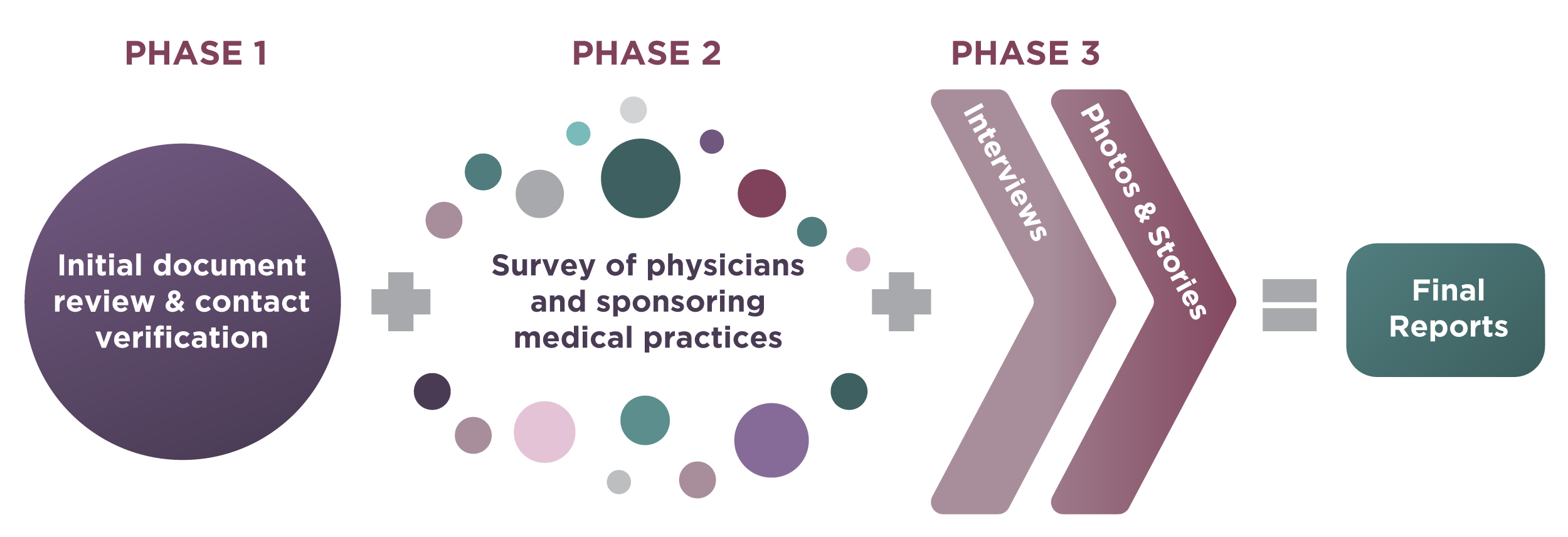
The Appalachian Regional Commission (ARC) is a regional economic development agency serving 423 counties across the Appalachian Region. ARC’s mission is to innovate, partner, and invest to build community capacity and strengthen economic growth in Appalachia.
ARC’s J-1 Visa Waiver Program is a critical tool for healthcare providers in rural and underserved communities of Appalachia needing to recruit physicians. Typically, foreign-trained physicians who have come to the United States to do residency work (given J-1 immigration status) are required to return to their home countries for at least two years before applying for any other immigration status in the U.S. However, this requirement can be waived at the request of an interested U.S. government agency. The Appalachian Regional Commission is one such agency, which makes use of this waiver provision to help provide needed healthcare to the people of Appalachia. By incentivizing physicians to start their careers in underserved areas of the country, the J-1 Visa Waiver Program has tremendous potential to improve physician recruitment and healthcare access in these places. Physicians who receive a waiver through ARC commit to serving a Health Professional Shortage Area in Appalachia for at least three years.
Our Evaluation Partners
As we often do, we are partnering with several top-notch subject experts in immigration law and the J-1 Visa Waiver process to implement this evaluation project. These partners will lend their expertise as we develop our evaluation tools and engage with physicians and medical practices. They will also work with us to make sense of data gathered through the evaluation.

Palma Yanni, JD
One of the country’s leading practitioners in physician immigration cases, Palma Yanni brings more than 35 years of legal experience to the team, including extensive experience with the J-1 Visa and Waiver programs. Ms. Yanni will leverage her deep understanding and experience of immigration law and the J-1 Visa Waiver program to advise across the evaluation, ensuring that the team has a thorough understanding of the processes required of, and affecting, physicians and sponsoring medical practices.

Seema Jain, MD
Dr. Jain brings her lived experience as a physician and J-1 Visa Waiver recipient to advise our physician engagement efforts. Her support will ensure that physicians who have received a waiver from ARC are empowered to meaningfully engage in the evaluation. Born and raised in Canada, Dr. Jain completed her pediatric residency at a community hospital in rural Eastern North Carolina through a J-1 Visa. She now practices at HOPE Clinic in Houston where she also completed her three-year waiver requirement.

Katy Caldwell
Katy Caldwell is an innovative leader with deep experience in the healthcare government sector, and she will advise our engagement of sponsoring medical practices. For 25 years, Ms. Caldwell was the CEO of Legacy Community Health Services, the largest federally qualified health center in Texas, where she often used the J-1 Visa Waiver program to recruit and hire physicians.
Our Evaluation Process
The evaluation will be guided by the following evaluation questions, among others:
- Who are the physicians, medical practices, and communities served by the ARC J-1 Visa Waiver Program?
- What percentage of physicians complete their three-year waiver period and what is the likelihood that they will stay in their placement, their community, and/or in a rural community in Appalachia? What factors influence their decision to remain or move?
- What are physicians’ and sponsoring medical practices’ experiences and satisfaction with the overall J-1 Visa Waiver application process, their assigned medical practice, and the community they serve?
The evaluation will utilize the CDC’s Program Evaluation Framework, a widely respected framework for evaluating federal- and state-funded programs in the United States. The framework encompasses six steps emphasizing accuracy and ensuring that evaluation findings are useful. Also recognizing the need for strong, authentic working relationships with ARC and visa waiver recipients to produce a useful evaluation, the evaluation will take a participatory approach. Accordingly, we will solicit input from ARC, visa wavier recipients, and sponsoring medical practices at key milestones in the process through a survey, interviews, and case study vignettes.
The Evaluation will proceed in three distinct phases, where information learned from each phase will be used to inform the next.

Phase I: May 2023
The evaluation will begin with a thorough document review of materials related to ARC’s J-1 Visa Waiver Program. At the same time, our team will be working to compile and verify contact information for the physicians and medical practices who have participated in the ARC Visa Waiver Program in the past 10 years.
Phase II: June 2023
After the evaluation team is thoroughly knowledgeable about the J-1 Visa Waiver Program and has established contact with as many program participants as possible, we will send a survey to all of those participants, which will seek to gather input about their experiences as well as ascertain information about physicians’ current or likely future locations.
Phase III: August – September 2023
A number of physicians and medical practices will be randomly selected to be interviewed about their experience in the Visa Waiver Program. As we engage with these physicians and medical practices, we will work to collect photos, images or other creative elements that might provide a deeper qualitative understanding of their stories. 20 interviews will be transformed into illustrative vignettes to be included in our final evaluation reporting.
Conclusion: October 2023
Once all data is collected, evaluation findings and lessons learned will be shared with ARC and with those who participated in the evaluation to ensure evaluation use.
1 Time Magazine, July 2022. Found at https://time.com/6199666/physician-shortage-challenges-solutions/; The Complexities of Physician Supply and Demand: Projections From 2019 to 2034 (PDF), Quote by James Taylor, group president of the leadership solutions division at AMN
